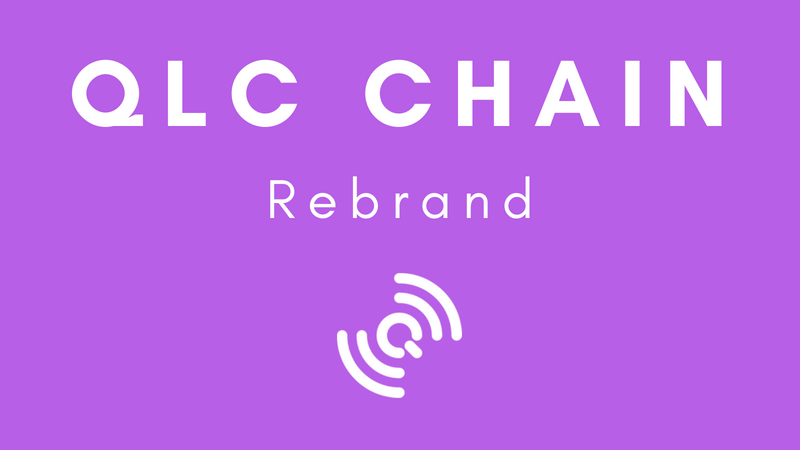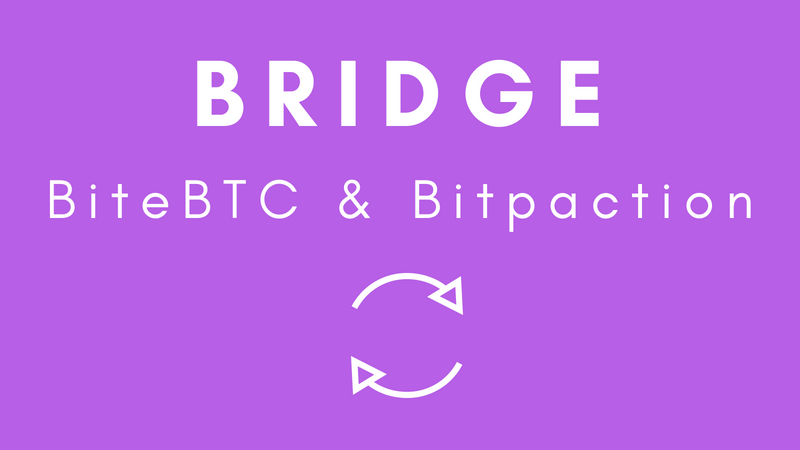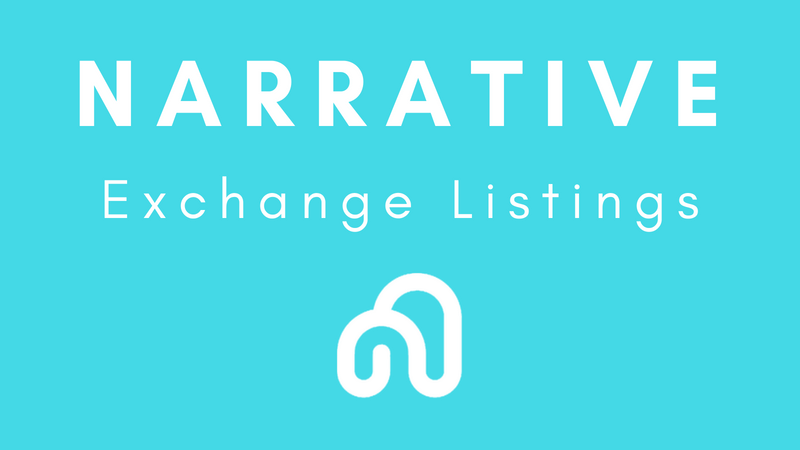
Qlink, the world’s first decentralized Network-as-a-Service (NaaS) has announced its rebranding to QLC Chain. The rebranding to QLC Chain was to deliver a clear message of the team’s intention to leverage advanced blockchain technology to the network industry, in a simpler, transparent and secure way. The rebranding to QLC Chain comes with a new website for the platform and technical yellow paper that will be released soon.
QLC Chain enables smart contracts and distributed applications to be built on Block-Lattice, a Directed Acrylic Graph (DAG) architecture that was first introduced by the Nano cryptocurrency. In addition to smart contracts and distributed applications, QLC Chain supports four types of nodes: NAT, storage, security and routing nodes to support network service. Block-Lattice runs in parallel with QLC Chain’s dual consensus algorithms: distributed-proof-of-stake and Shannon. These features aim to allow QLC to reach mass scalability and provide a decentralized environment for NaaS-related decentralized applications.
“QLC Chain improves the network services by tackling underutilization, increasing accessibility, boosting network security and enabling content awareness,” says Susan Zhou, Co-Founder and COO, QLC Chain. “Our vision at QLC Chain is to build a next generation public Blockchain that empowers everyone to operate and participate in this distributed network in a simple, secure and transparent manner. QLC Chain can virtualize the network participating devices and assign roles to different nodes based on the demand of network. We aim to complement and shift the industry structure from the current incumbent-dominant model to a crowdsourcing model.”
WinQ App
QLC Chain’s VPN and Wi-Fi mobile application, WinQ, is running on the NEO TestNet. WinQ is the first implementation of QLC Chain’s decentralized Network-as-a-Service. The app allows users to register VPN server & Wi-Fi hotspot assets on the blockchain and serves as an innovative decentralized sharing platform. Other features include a decentralized marketplace, a peer-to-peer sharing protocol to protect credentials, and a wallet app for sending and receiving QLC tokens, the platform’s internal currency. Users of the app can earn QLC by offering Wi-Fi and VPN services to other users. The WinQ app can be found in the Google Play store, and an iOS version is under internal testing. QLC Chain plans to roll out WinQ to NEO’s MainNet once user adoption has grown to the early majority stage.
The progress of QLC Chain’s WinQ application can be seen on the platform’s updated roadmap here. The platform will prioritize the development of the application above all else and has plans of a QLC Chain TestNet to be released in Q3 2018. At the end of the year, QLC plans to launch its smart contract API, wallet, public chain, explorer, and base station.
QLC Chain Events
In additon to its rebranding and application development, QLC Chain attended a number of events and conferences to spread its brand awareness. QLC Chain representative Toya Zhang joined the NEO European Tour in April and visited Amsterdam, Madrid, Paris, and Zurich. Zhang introduced the QLC Chain ecosystem and application to audiences and demonstrated the app’s anonymous chat room function built into WinQ. You can watch the full presentation in Amsterdam here.
QLC Chain CEO, Susan Zhou, attended two conferences organised by the International Data Engineering and Science Association (IDEAS) that were held at Harvard University and MIT. IDEAS intends to create a data science hub to connect real-world knowledge and provide robust resources for business leaders, professionals, and students to thrive in this field.
The theme for the conference held in Harvard was “Technology, Innovation, Career.” The goal of the event was to create a cross-campus data science learning platform and bought together business and academic leaders.
The event held at MIT attracted blockchain enthusiasts, and covered topics including industry trends, real-world applications, and open source software among many others. Susan presented the latest version of the WinQ app at the event, as well as the P2P sharing protocol released by QLC Chain’s R&D team. You can read more about the event here.
QLC Chain also visited the TomoChain team in HaNoi, Vietnam. There, the team shared its views about blockchain technology and decentralized applications.
Finally, QLC Chain attended Consensus 2018, the 4th annual blockchain technology summit in New York.
QLC Chain Local Telegram Groups
Due to the growth of WinQ users, QLC Chain has created a series of local Telegram groups for better communication and the collection of user feedback. If you’d like to start your own Telegram group, you can contact @didoMa in one of the channels below.
WinQ Australia — https://t.me/Winqataustralia
WinQ Canada — https://t.me/winqcanada
WinQ India — https://t.me/winqindia
WinQ Malaysia — https://t.me/winqatmalaysia
WinQ Turkey — https://t.me/winqturkey
WinQ US — https://t.me/winqus
QLC listed on Switcheo Exchange
QLC Chain was listed on the Switcheo Exchange on the 9th of April. Users can now trade QLC with NEO, GAS, and SWH instantly. Switcheo is a decentralized exchange built on NEO.
Spotcoin Airdrop to QLC Holders
QLC Chain is also working with Spotcoin to airdrop SPOT tokens to QLC holders. Spotcoin is an over-the-counter clearing house for fiat and cryptocurrencies and is a digital asset NEO-based exchange. The exchange will help promote QLC and other NEP-5 tokens.
QLC holders are eligible to earn up to 60 SPOT tokens that will be airdropped between Monday, May 21st to Sunday, May 27th. The airdrop will be run on a first come, first serve basis.
To participate in the airdrop, there is a set of instructions provided by Spotcoin and QLC Chain that can be read here. Up to $250,000 worth of SPOT coins will be airdropped exclusively to NEP-5 token holders. All non-exchange wallets can receive SPOT. However, some wallets may not display the token. It’s recommended to use either O3 or the NEON wallet.
More information on QLC Chain can be found at the links below.







About The Author: Matthew North
Matthew North is a freelance writer and journalist who resides in East Asia. He spends his time writing and learning about financial technologies like the Blockchain and digital currencies. You can follow him on twitter @fintech_matthew.
More posts by Matthew North